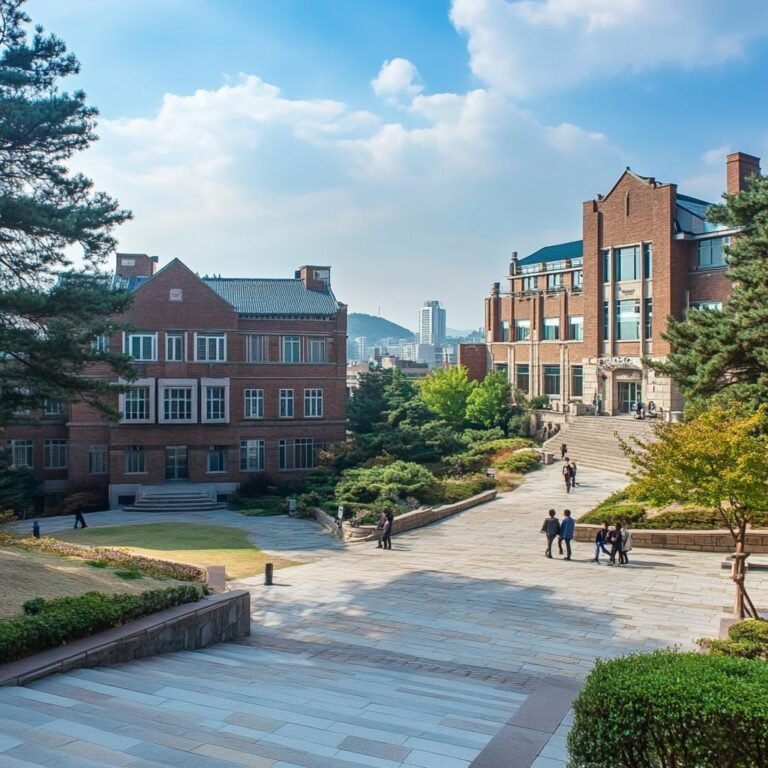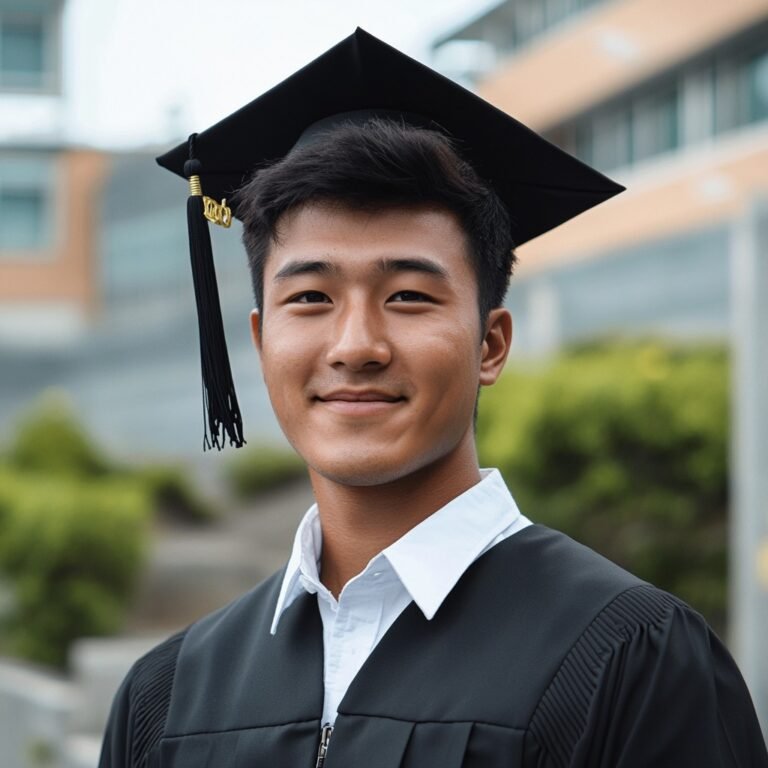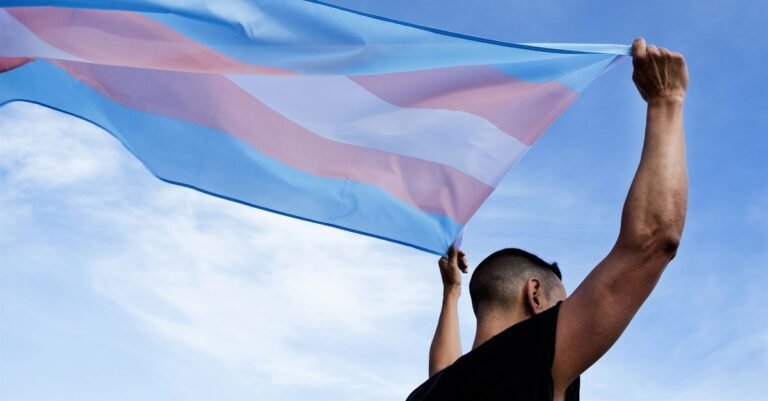Student Visa Requirements for Studying in Korea from Nepal: A Detailed Guide
Embarking on your academic journey in South Korea is an exciting step! Understanding the student visa application process is crucial to ensure a smooth transition. This guide provides a comprehensive overview of the visa requirements for Nepali students seeking to study in Korea.
Visa Type:
Nepali students typically require a D-2 visa to study in Korea. This visa is issued to foreigners pursuing academic degrees at accredited universities in Korea. In some cases, a D-4 visa might be an option. This visa is for those intending to learn Korean at a language institute. However, converting a D-4 visa to a D-2 visa later can be more expensive than directly applying for a D-2 visa.
Required Documents:
The specific documents required for your visa application may vary slightly depending on the Korean Embassy/Consulate in Nepal. However, here’s a general checklist to get you started:
Valid Passport: Ensure your passport has at least 6 months validity beyond your intended stay in Korea and sufficient blank pages for visa issuance.
Completed Visa Application Form: Download the application form from the Korean Embassy/Consulate website in Nepal and fill it out accurately and completely.
Passport-sized Photographs: Submit recent passport-sized photographs as per the specifications mentioned on the application form.
Acceptance Letter: The original acceptance letter issued by your chosen Korean university.
Academic Documents: Certified copies of your academic transcripts and certificates from your previous educational institutions (high school and/or college).
Proof of Financial Support: This demonstrates your ability to cover tuition fees and living expenses in Korea. It can include bank statements, scholarship award letters, or a sponsor’s letter of financial support with accompanying financial documents.
Medical Certificate: Some cases might require a medical certificate issued by a registered medical practitioner in Nepal.
Travel Insurance: Proof of travel insurance with adequate medical coverage for the duration of your stay in Korea might be required.
Police Clearance Certificate (PCC): A PCC issued by the Nepal Police might be required in some cases.
Statement of Purpose (SOP): An optional but recommended document that outlines your academic goals, chosen program justification, and future aspirations.
Additional Notes:
All documents, except the application form, should be translated into Korean by a certified translator if originally issued in English or Nepali.
The Korean Embassy/Consulate website in Nepal will have the most up-to-date information on specific requirements and fees.
Application Process:
Gather Required Documents: Ensure all documents are complete, translated if necessary, and organized for submission.
Submit Application: Submit the complete application package to the Korean Embassy/Consulate in Nepal. You might need to schedule an appointment beforehand.
Application Fee: Pay the required visa application fee as per the embassy/consulate’s instructions. Fees can vary and are subject to change.
Interview: While not mandatory, interviews might be conducted on a case-by-case basis.
Processing Time: Allow sufficient time for visa processing, which can range from several weeks to a few months.
Also read: Total cost to study in Korea from Nepal 2024
Additional Considerations:
Medical Checkup: If required, you might need to undergo a medical checkup at a designated clinic in Nepal or Korea after submitting your application.
Visa Validity and Extensions: D-2 visas are typically issued for the duration of your academic program, with the possibility of extension upon request.
Data Points:
Here’s some additional data to consider:
Approximate Visa Application Fee (as of March 2024): $50 USD for single entry, $80 USD for multiple entry (subject to change).
Average Processing Time: Varies depending on the workload at the embassy/consulate, but generally ranges from 4 to 8 weeks.
Get to know about: How to apply for Study in korea from Nepal? A comprehensive Guide
Conclusion:
By carefully preparing the required documents, understanding the application process, and adhering to timelines, you can increase your chances of securing your student visa for studying in Korea. Remember to double-check the official website of the Korean Embassy/Consulate in Nepal for the most recent information on visa requirements, fees, and procedures. Don’t hesitate to contact them directly if you have any questions. With thorough preparation and the right guidance, your dream of studying in South Korea can become a reality!
Let Us Assist You!
Are you ready to embark on your educational journey to Korea? Need help with university applications, scholarships, or visa processes? Contact our team of experts at Study in Korea from Nepal for personalized support and guidance.
From ensuring your applications are meticulously prepared to advising on the nuances of studying abroad, we’re here to assist you in every step. Don’t let the complexities of international education hold you back.
Contact us today to start your adventure in Korea!






